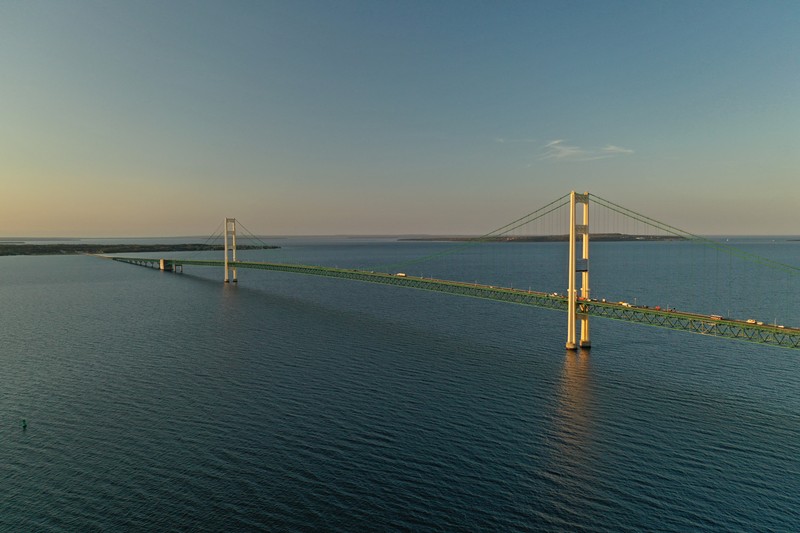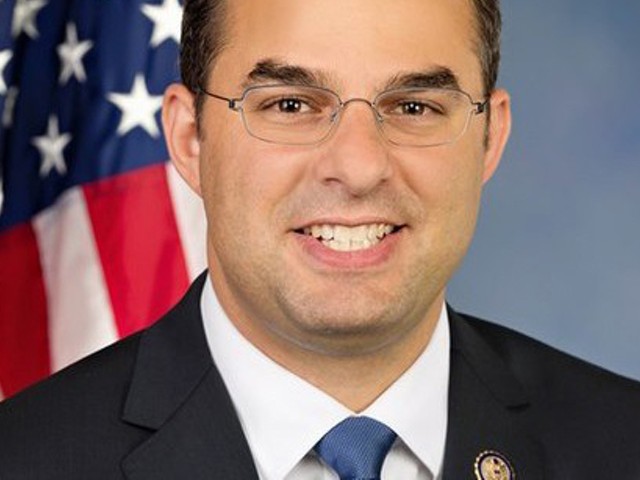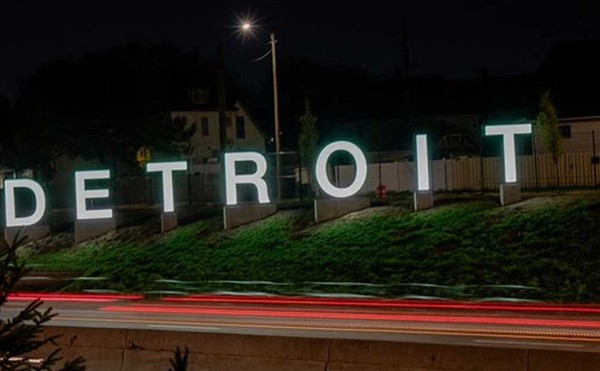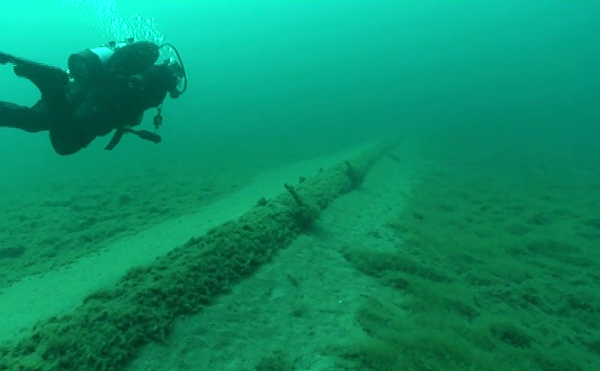AG Dana Nessel files lawsuit to shut down Great Lakes oil pipeline
[
{
"name": "GPT - Leaderboard - Inline - Content",
"component": "35519556",
"insertPoint": "5th",
"startingPoint": "3",
"requiredCountToDisplay": "3",
"maxInsertions": 100
}
]
Michigan Attorney General Dana Nessel today filed a lawsuit asking a court to shut down an aging oil pipeline that partly runs through the Great Lakes.
At the same time, Gov. Gretchen Whitmer's administration directed the Michigan Department of Natural Resources to issue an opinion on whether the pipeline's owner, Canadian oil giant Enbridge, is in compliance with a 1953 easement that allows it to operate the line.
That opinion could ultimately strengthen Nessel's case. The governor and attorney general's steps are the latest in what's shaping up to be a multifront effort to shut down the current pipeline, called Line 5, and derail Enbridge's plans for a replacement line.
The 66-year-old natural gas and oil pipeline runs through a 4.4-mile section of the Straits of Mackinac between the Upper and Lower peninsulas. Stretches of the line, which pumps oil from Wisconsin to Sarnia, Ontario, have already spilled 1.1 million gallons of oil, though none of that in the lakes. Environmentalists point out that about 90 percent of the oil pumped through the line lands in Ontario, though Michigan assumes all the environmental risk.
A 2018 anchor strike nearly ruptured the section of the line in the Straits, and critics have pointed to Enbridge's long, well-documented history of safety violations and deceit. Among the company's greatest hits is the 2010 Kalamazoo River oil spill, which is the costliest inland spill on record. Since then it has repeatedly missed safety inspections and been caught lying to state officials about Line 5's condition.
Nessel’s office wrote in a press release that its lawsuit asks the Ingham County Circuit Court to find that the pipeline "violates the public trust doctrine, is a common law public nuisance, and violates the Michigan Environmental Protection Act because it is likely to cause pollution, impairment, and destruction of water and other natural resources."
David Holtz, director of the environmental group Oil and Water Don't Mix, explains that the Great Lakes are a publicly protected entity because common law established that the state is to hold the lakes in trust for the public's use. Nessel is arguing that the condition of and threat posed by the pipeline breaches the public trust doctrine.
The second part of her case argues that the line was built in 1953 before most environmental regulations were in place, and the line is now a threat to the environment and in violation of the new laws.
Nessel noted the 2018 anchor strike as strong evidence of the Line 5's threat to the lakes, which hold 90 percent of the nation's fresh water.
“The continued operation of Line 5 presents an extraordinary, unreasonable threat to the public because of the very real risk of further anchor strikes, the inherent risks of pipeline operations, and the foreseeable, catastrophic effects if an oil spill occurs at the Straits," Nessel wrote.
Whitmer's directive to produce a report on Line 5's compliance with the 1953 easement is significant because the state government has never investigated the matter, despite Enbridge's terrible safety record.
If the DNR finds that Enbridge is in violation of the easement, then Nessel could potentially use the report to bolster her case.
Holtz applauded Nessel's actions.
"Line 5 has been a controversy since 2012 when it first came into public conscious, and this is the first time that these oil pipelines will be subject to the rule of law," he says.
Nessel also responded to Enbridge's lawsuit over the state attempting to block plans for a replacement line. Republicans during the 2018 lame duck session rammed through a law that created a Mackinac Utility Corridor Authority to work with Enbridge to build a $500 million tunnel 100 feet beneath the lake bed that will house the line. The tunnel would house Line 5's replacement.
Nessel is arguing the law is unconstitutional. Though the case is related to her new lawsuit, it will play out in a separate venue.
"We cannot count on Enbridge to protect the Great Lakes," Oil and Water Don't Mix wrote in a press release. "After 33 oil spills along its 645-mile route from Superior, WI, through Michigan, false claims about its condition, and an overall track record in Michigan that includes $177 million in civil penalties, $1.3 billion in damages, and more than 2.3 million gallons of spilled oil, Enbridge can’t be trusted."
Stay on top of Detroit news and views. Sign up for our weekly issue newsletter delivered each Wednesday.







